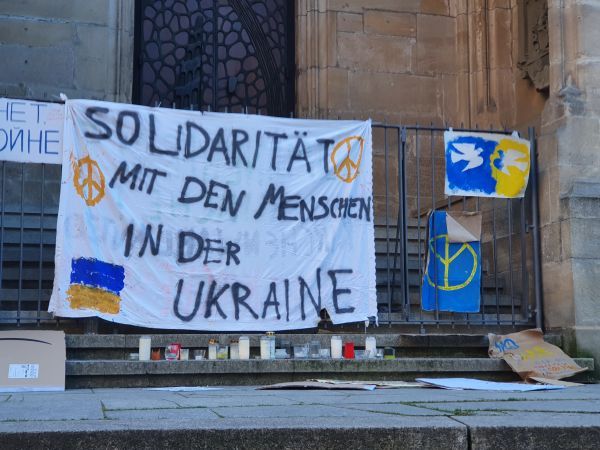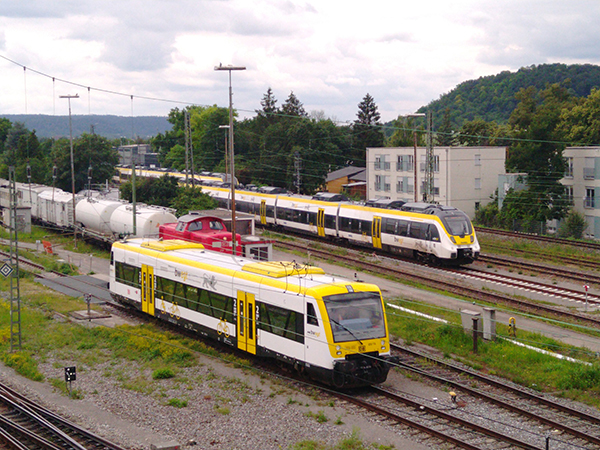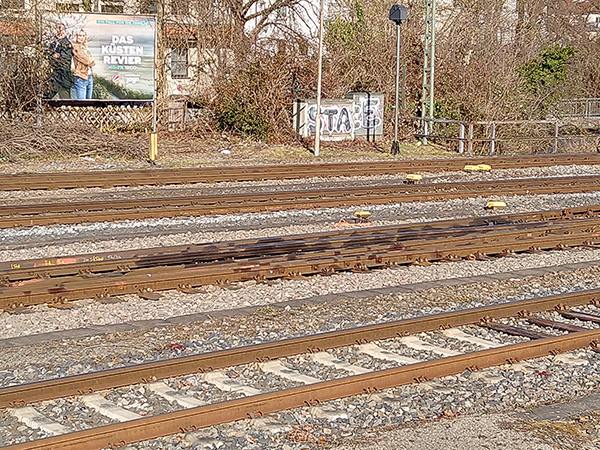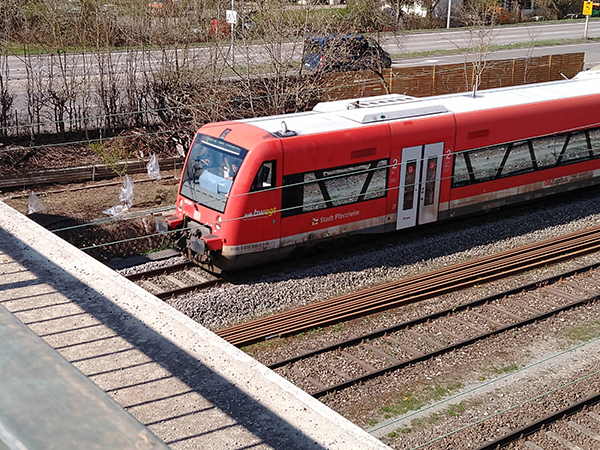By Wolfgang Sannwald
There has been war in Ukraine since 2014. At the end of February 2022, Russia escalated this war by a large-scale attack. Several hundred thousand people are fleeing from there, mainly towards the European Union (EU). The editorial team of tünews INTERNATIONAL includes many colleagues who have fled to Germany themselves since 2015, including from Syria and Afghanistan. Information about the war in Ukraine affect them in a special way. And this information is pouring in on them not only via television programs, but around the clock via social media. Above all, images and sounds awaken memories in them and their children of their own experiences. “That together, the images of planes dropping bombs and children screaming” are deeply upsetting. Destruction from bombs in cities reminded one editorial board member and her son of Damascus, when a bomb hit their garage and the car exploded. Another thought of the bomb that hit her home and that seriously injured her husband. Both are now back in her and her children’s minds. They did forbid their children to watch videos. But they heard so much that they asked: “Is the war we fled coming here, where we live now?” One student, who was born in Syria, didn’t want to go back to school out of fear and panic of war. Another asked his mother about who helps them here: “In Syria we had family and grandparents, here we are alone. Where will we go when the war comes here?” He looked on the map for a remote island for him and his mother to flee to.
At the same time, many former refugees feel for the hundreds of thousands now coming from Ukraine: “I’m really sorry, because I know how bad it is to lose your country and have to live somewhere else.” Or “It’s so hard to start from scratch after fleeing.” An editorial board member from Afghanistan, among others, thinks of the 20,000 or so refugees from there who have lived and settled in Ukraine for about 20 years: “Do they have to flee again now?”
The entire editorial board shares a sense of powerlessness against states and individual politicians who impose violence on others, especially smaller states. “Imagine how bad it was for people in Syria, what Putin did by bombing there, and no one stopped him!”
Editorial board members who grew up in Germany have no comparable personal experience of war. Many of them grew up under the sign of the “Cold War” but also of the peace movement and military disarmament in Europe. Those who grew up here in the 1960s to 1980s had an awareness of this “Cold War”. At that time, the Soviet Union with its allies in the Warsaw Pact and the USA with its allies in NATO had even more tanks and airplanes, but also more nuclear missiles directed against each other than today. Germany was divided into the Federal Republic (FRG), which was part of NATO, and the German Democratic Republic (GDR), which was part of the Warsaw Pact. Generations in Germany grew up knowing that a nuclear war could be imminent and that it could be waged especially in Central Europe. Today it is known that the Western military alliance NATO planned to detonate many nuclear weapons on the territory of the Federal Republic in case of a massive attack by the Warsaw Pact. The peace movement and military disarmament relieved some of this fear of war. And now? Does a state have to be militarily strong after all in order to be able to protect itself and the people within it?
Next to the images of war are the images of refugees arriving in Germany. They resemble the images of 2015, when the German government said “We can do it” and allowed more than a million refugees to enter the country. German and European society learned at that time to accommodate and care for many refugees and to contribute to their integration. These support structures, from emergency shelters to care for refugees, are there and can be used again. There are experiences with the integration of refugees that give hope. tünews INTERNATIONAL was itself created as an assistance structure. Since 2015, we have researched many topics that refugees need to know about and published them in everyday news. And not only in German, but also in the languages of the countries of origin. If the need arises, we can also set up a language channel in Ukrainian.
Further news on Ukraine: www.tuenews-ukraine.eu
tun22030107
Solidaritätsbekundungen mit den Menschen in der Ukraine an der Stiftskirche in Tübingen.
Foto: tünews INTERNATIONAL / Wolfgang Sannwald.




